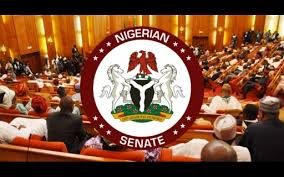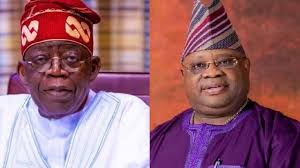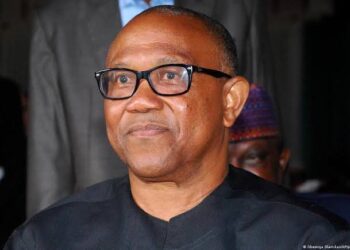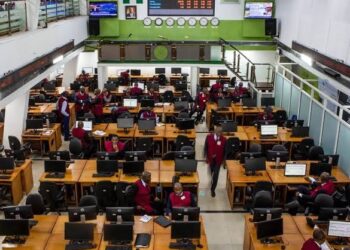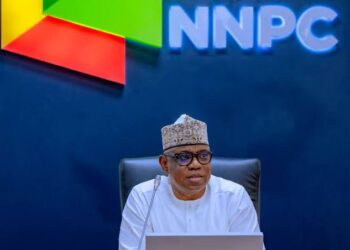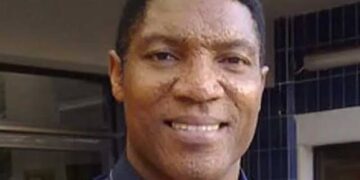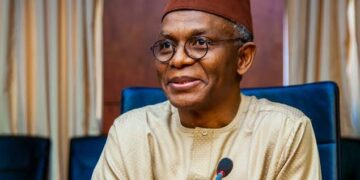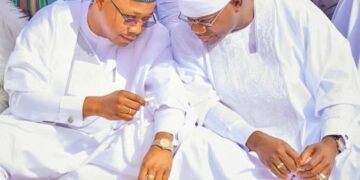The All Progressives Congress (APC) is just two members shy of securing a two-third Senate majority. This development follows the defection of four Peoples Democratic Party (PDP) senators, a shift that could significantly alter Nigeria’s legislative balance.
Under Nigeria’s constitution, a two-third Senate majority enables the ruling APC to pass bills unilaterally. Such control may threaten democratic norms, sidelining meaningful opposition.
The four defectors, two each from Akwa Ibom and Osun states, were Senators Aniekan Bassey, Sampson Ekong, Olubiyi Fadeyi, and Francis Fadahunsi. Their letters were read during plenary by Senate President Godswill Akpabio.
With these additions, the APC now holds 70 of 109 Senate seats, needing just two more for supermajority status. The PDP holds 28 seats, while Labour Party has 5, SDP has 2, and both NNPP and APGA hold 1 each.
Two Senate seats remain vacant. INEC has yet to conduct by-elections to replace the late Senator Ifeanyi Ubah and Governor-elect Monday Okpebholo. (Source: INEC)
In the House of Representatives, APC’s dominance has grown too. Three more PDP lawmakers defected Wednesday, bringing APC’s strength to 224 in the 360-member chamber. Five seats are currently vacant.
Professor Gbade Ojo, a political scientist, expressed grave concerns. He warned that a legislative supermajority turns parliament into a rubber stamp, compromising checks and balances.
“Absolute power corrupts absolutely. If APC dominates both chambers, we risk a one-party system,” he cautioned. He criticized opposition weakness as a self-inflicted blow to Nigerian democracy.
Ojo emphasized that Nigerian politics lacks ideological foundation. “In true democracies, parties differ by values. Here, it’s about survival,” he said.


